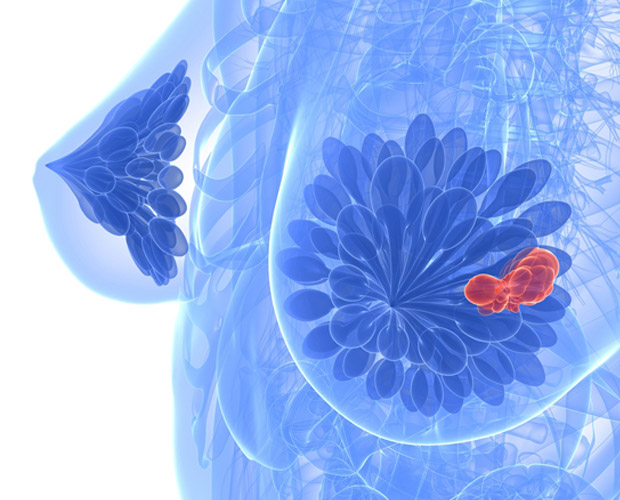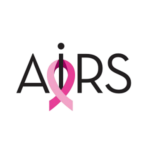Given the extent of breast cancer among men and women, it’s likely that you or someone you know has battled breast cancer at some point in his or her life. Ironically, most people still don’t know the basics of breast cancer, including what it is, what causes it, or how to check for it, let alone what to do if diagnosed.
At the AiRS Foundation, we educate patients, caregivers, and medical professionals about breast cancer.
Whether you’re battling breast cancer or know someone who is, these are the basic facts that every person should know:
What is cancer?
The body is made up of cells which divide to produce additional cells that replenish dying ones. Cancer occurs when cells divide uncontrollably and produce more cells than the body needs. Eventually, this uncontrolled cell growth may produce a tumor that is either benign (not cancerous) or malignant (cancerous). Malignant tumors can invade and damage nearby tissues, as well as spread to other parts of the body.
What is breast cancer?
Breast cancer is a malignant tumor that occurs in the breast. While there are several different types of breast cancer, the most common is ductal carcinoma, which begins in the lining of the milk ducts of the breasts.
What causes breast cancer?
Researchers are still investigating the root causes of cancer, including breast cancer, but right now there is no definitive conclusion. Scientists have identified gene mutations within breast cells that link to a higher risk of breast cancer, like the BRCA1 and BRCA2 genes. Women with these genes have a high risk of breast cancer. Researchers have also identified genes that prevent breast cells from dividing and forming tumors.
How can I check for breast cancer?
Women, especially women with a high risk of breast cancer, and no matter their age should perform a self-exam on their breasts every month. Also, women between the ages of 20 and 39 should have a clinical breast exam at least once every three years, and women age 40 or older should have one every year. If you find a breast lump or abnormal tissue on your chest, the only way to see if it is cancerous is through a biopsy, where a surgeon removes the tissue and examined under a microscope by a pathologist.
What happens if I or someone I know gets diagnosed?
Breast cancer is not the same for every patient. Once a diagnosis happens, there will be more tests to determine the unique state of the disease and appropriate treatment. When undergoing breast cancer treatment, it’s important to find a supportive community to help you through the emotional and physical challenges. The AiRS Foundation, as well as other breast cancer advocacy organizations, can help you get connected with a support group.
Help us help others!
Has the information on our blog helped you or a loved one understand the options available to breast cancer patients? At the AiRS Foundation, we advocate on behalf of breast cancer patients, so they receive the knowledge and help needed to live full lives during and after breast cancer. Consider helping us by donating or volunteering! We are ALWAYS in need of help!

